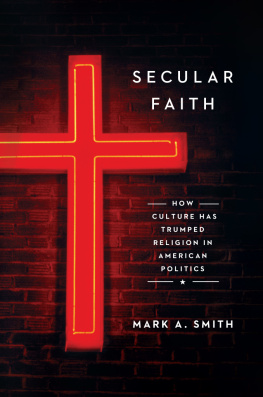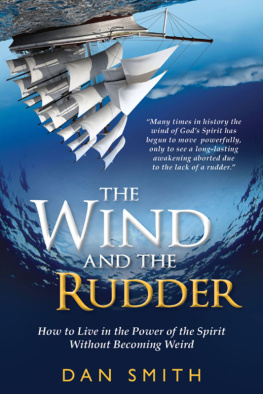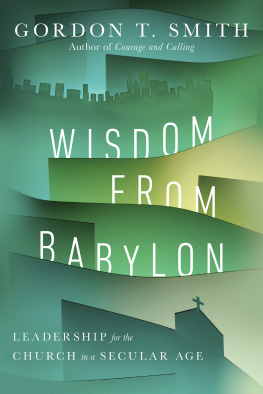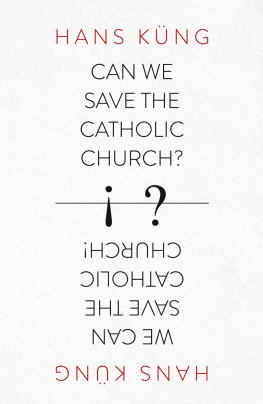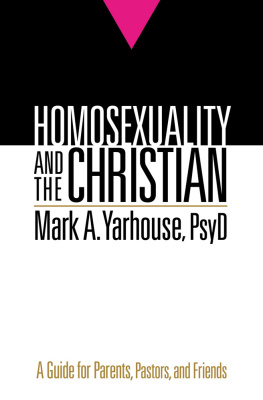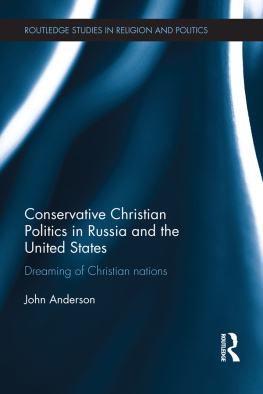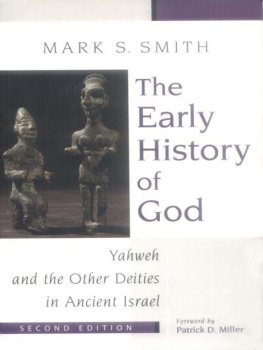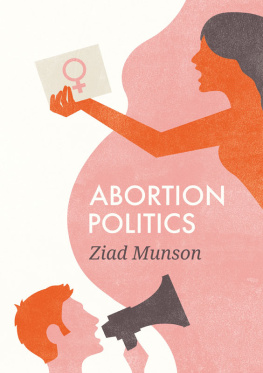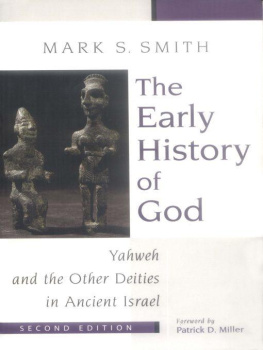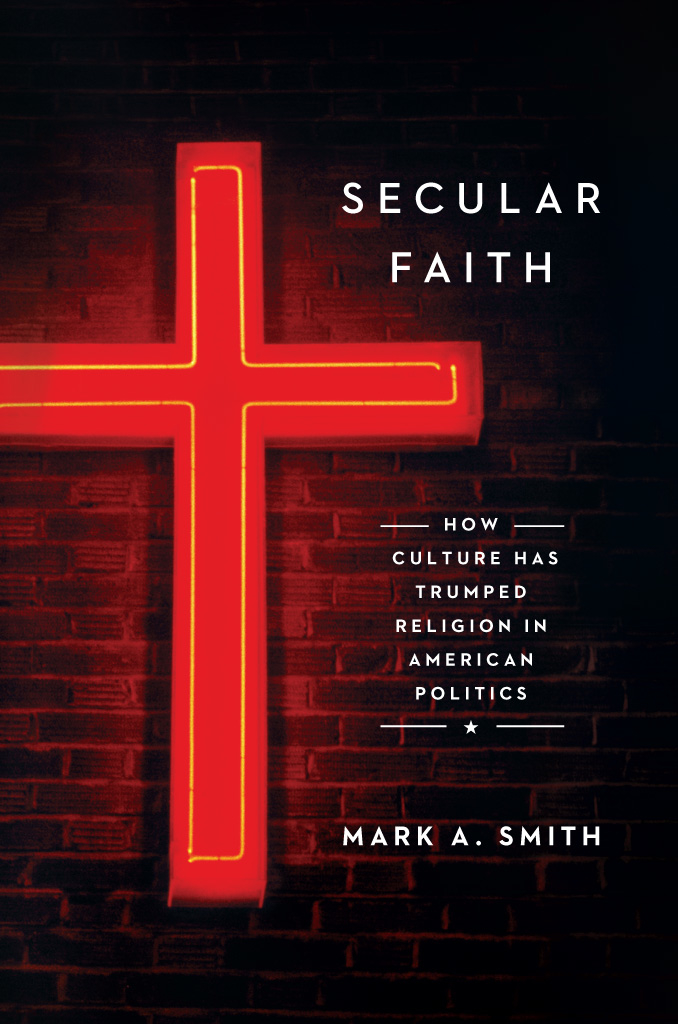Secular Faith
How Culture Has Trumped Religion in American Politics
Mark A. Smith
University of Chicago Press
Chicago and London
Mark A. Smith is professor of political science and adjunct professor of comparative religion at the University of Washington. He is the author of The Right Talk: How Conservatives Transformed the Great Society into the Economic Society and American Business and Political Power: Public Opinion, Elections, and Democracy.
The University of Chicago Press, Chicago 60637
The University of Chicago Press, Ltd., London
2015 by The University of Chicago
All rights reserved. Published 2015.
Printed in the United States of America
24 23 22 21 20 19 18 17 16 15 1 2 3 4 5
ISBN-13: 978-0-226-27506-2 (cloth)
ISBN-13: 978-0-226-27537-6 (e-book)
DOI: 10.7208/chicago/9780226275376.001.0001
Library of Congress Cataloging-in-Publication Data
Smith, Mark A. (Mark Alan), 1970 author.
Secular faith : how culture has trumped religion in American politics / Mark A. Smith.
pages cm
Includes bibliographical references and index.
ISBN 978-0-226-27506-2 (cloth : alkaline paper) ISBN 978-0-226-27537-6 (e-book) 1. Christianity and politicsUnited StatesHistory. 2. Politics and cultureUnited StatesHistory. 3. Christianity and cultureUnited StatesHistory. I. Title.
BR115.P7S57 2015
261.70973dc23
2014047941
This paper meets the requirements of ANSI / NISO Z39.481992 (Permanence of Paper).
Contents
Scholars and political commentators routinely assert that a culture war rages throughout American society. Sociologist James Davison Hunter popularized this term in an influential book he published in 1991. In Hunters view two competing groupsthe orthodox and the progressivesinvariably clash in the political and social worlds because they embrace different systems of moral understanding. The orthodox hold strong religious beliefs and derive their moral standards from an external, definable, and transcendent authority. They confront progressives who ground morality in the spirit of the modern age, a spirit of rationalism and subjectivism. Lacking the basis for agreement that a shared worldview might provide, the two sides wage endless battles over schools, government, the family, the arts, and the entertainment media.
Political commentator Bill OReilly, among others, echoes Hunter in calling Americas divisions a culture war.
These culture war debates expanded in the twenty-first century when the new atheists joined the fray. Various scientists, philosophers, and public intellectuals such as Sam Harris, Richard Dawkins, Daniel Dennett, Christopher Hitchens, and Victor Stenger attacked
The atheist and Christian writers debated not only whether God exists but also how a society can promote and sustain moral behavior. To atheists, a blind allegiance to faith historically undermined morality by encouraging Christians to support warfare, repress women, engage in bigotry, and trample on the rights of religious minorities. We could improve society, atheists insisted, if people abandoned religion and formed their morals solely through the power of reason.
After witnessing disputes of this kind, observers might easily conclude that Americans are indeed fighting a culture war with religion at its center. Interestingly, however, many political scientists and sociologists argue that the general public does not participate in the culture war waged by intellectual, political, and religious elites. Through interviews with and surveys of ordinary Americans, some scholars have shown that people do not typically embrace the polarized positions that supposedly characterize the culture war. Instead, this research indicates, most Americans hold relatively moderate views but find themselves surrounded by politicians, activists, and interest groups who take extreme positions, use inflammatory rhetoric, and coarsen our political discourse.
I take a different approach in this book by examining the culture war through a historical lens. Analyses of the culture war typically presume that participants keep fighting over the same issues, but in reality controversies ebb and flow. People often revise their moral beliefs, causing an issue to be contentious in one period but not the next. I show in the upcoming chapters that Christians have openly or tacitly accepted many modern ideas by either changing their long-standing positions or refraining from political action. Christians are part of society, not separate from it, and they often fail to realize how much they absorb from the surrounding culture. Their political stances often resonate with contemporary opinions, values, and behaviors but clash with the moral commitments and biblical understandings that Christians held in previous eras. Christians of earlier centuries would be shocked and appalled if they knew about some of the beliefs and practices of Christians today.
In short, by examining how issues develop over time, we will see just how narrow the culture wars boundaries really are. Focusing on a handful of current disputes has caused many scholars and journalists to overlook the principles and policies on which most Americans, regardless of their religious affiliations, actually agree. Religion in America seems less divisive once we learn how and why the prevailing culture causes people to adjust and update their values. By charting the political development of several important issues, this book shows that religious diversity need not lead to moral and political conflict. As we will see, Christians agree with non-Christiansand even atheistsfar more often than the metaphor of a culture war would predict.
To sustain these claims, I explore some of the most prominent controversies in which religion and politics have intersected in America. In the same way that biographers normally write about major rather than minor historical figures, I searched for the religious issues that have sparked the most intense and sustained political conflict. Across American history, slavery attracted nearly two centuries of religious mobilization on all sides and, along with the Civil War it helped inspire, created especially deep political divisions in the 1800s. Slavery would make anyones short list of topics for this book to cover, and so I give the issue the attention it deserves. As the two most prominent contemporary issues where religion and politics intersect, homosexuality and abortion must also be included in a book of this kind. Beyond those issues, one could investigate many others that citizens, religious leaders, and politicians have framed and understood in moral terms. The issue of divorce is a prime example because it relates to family values, receives explicit condemnation in the Bible, and created political controversy earlier in American history. Owing to the long-running debates over womens roles in American society, I also examine the broad cluster of issues connected to womens political and economic rights. Slavery, divorce, homosexuality, abortion, and womens rights represent a wide range of issues, and yetas I will demonstratethe connections between religion and politics were similar in each case.
For each issue I analyze not only the evolution of public opinion, social practices, and government policies but also the shifting positions and biblical interpretations of various Christian groups. Broadly speaking, Christian leaders have responded to cultural developments on these issues with one of three strategies. Sometimes Christian leaders have held firm and insisted that the Bible and Christian tradition reject a moral and political position gaining support in society. At other times these same leaders have accommodated cultural trends by preserving a moral teaching while declining to press for government laws and regulations that reflect it. Finally, some Christian leaders have openly changed their moral and political stances on an issue by offering a new biblical interpretation that matches the prevailing spirit of the age.

